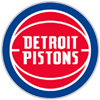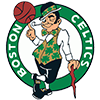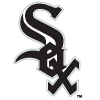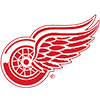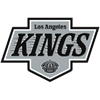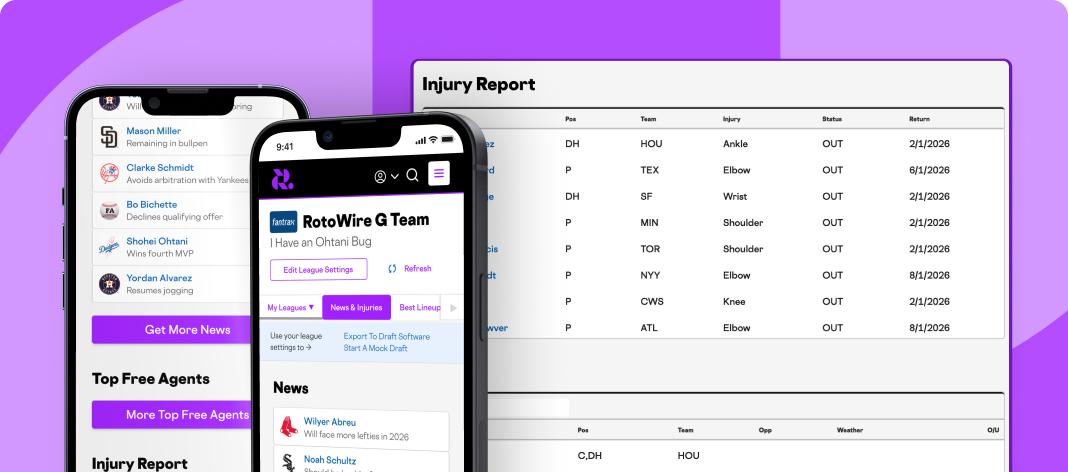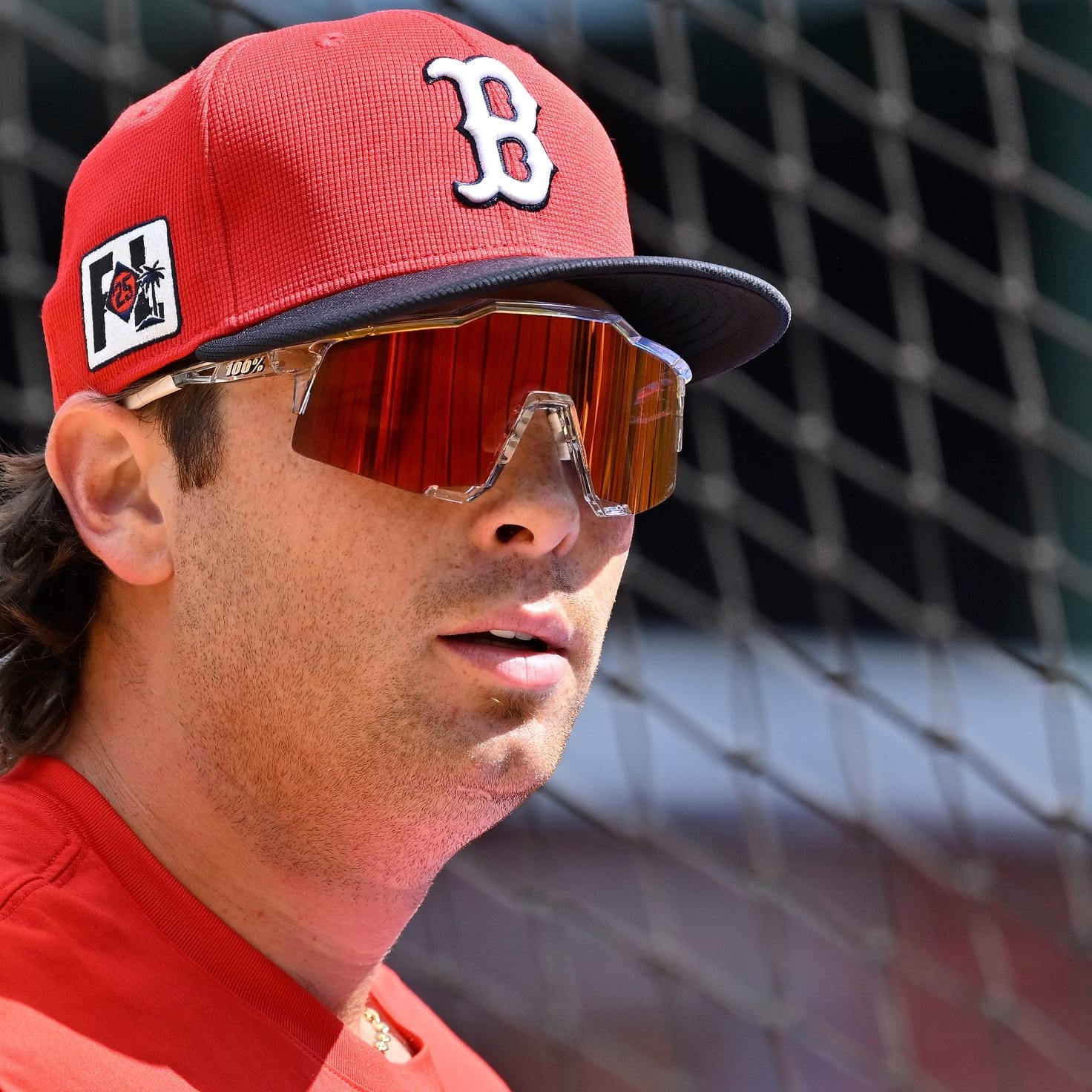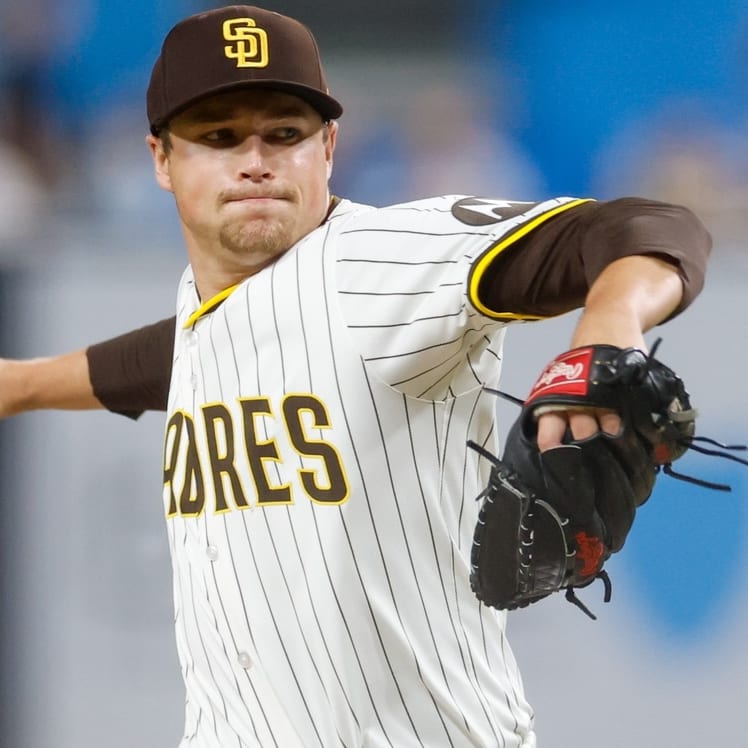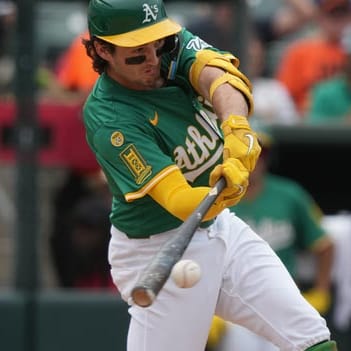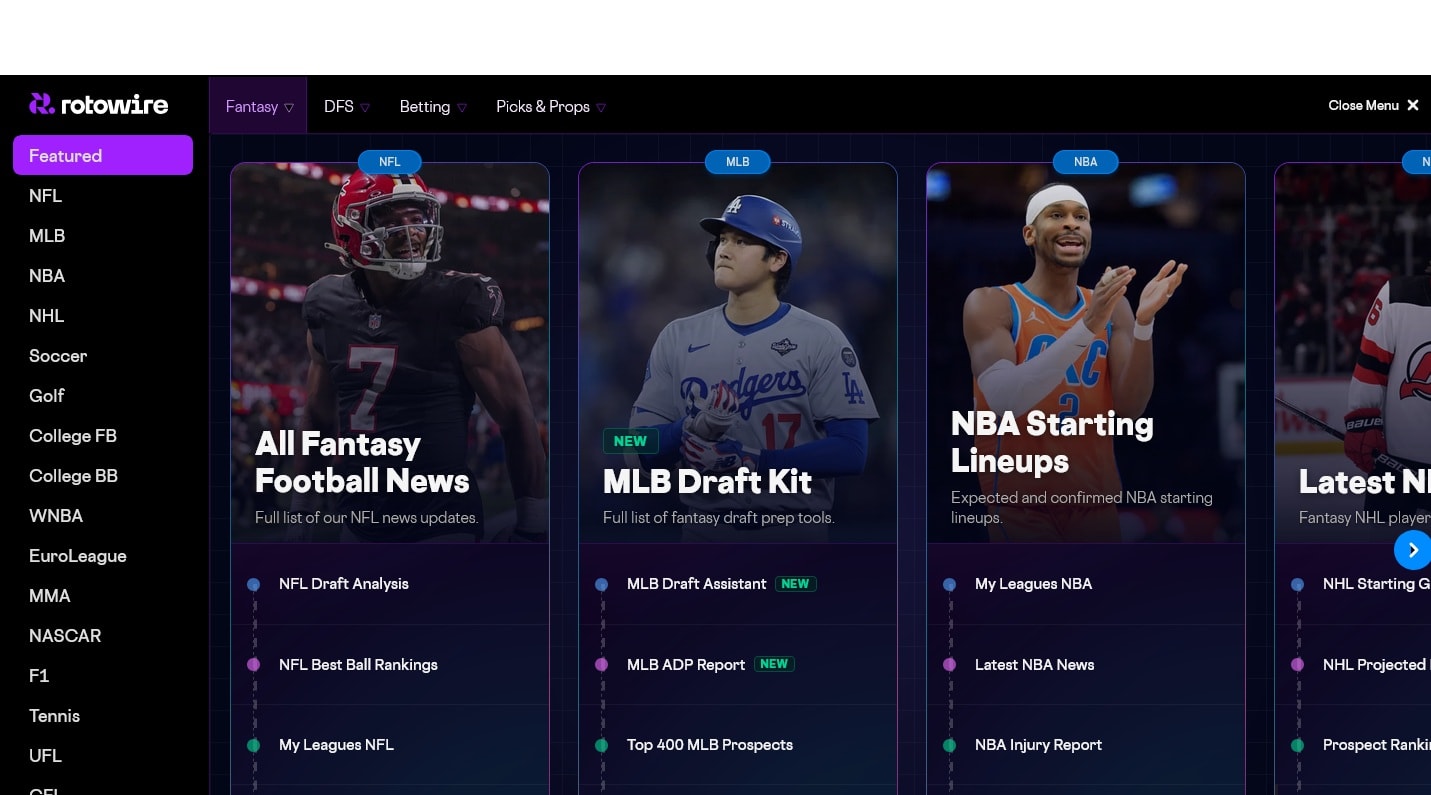Today I will continue to profile prospect players suggested by readers.
Beginning next week, I will profile under-the-radar younger players with a chance for big league playing time this coming season.
Ian Seymour, LHP, Tampa Bay Rays
6-0, 210
Age: 23
The Tampa Bay Rays selected Ian Seymour in the 2020 draft out of Virginia Poly. He was given a $1M signing bonus.
Seymour threw three seasons at Virginia Polytechnic Institute and finished his collegiate career with a record of 10-8. He appeared in 31 games, starting 30. His ERA was 3.72 in 159.2 innings pitched. He had a 3.3 walk rate per nine innings. He struck out an average of 10.8 per nine, on the way to a 1.27 WHIP.
Seymour is seen as a "tough" pitcher, with a good makeup and a knack for pitching. While he wasn't regarded as a top prospect at the draft, the Rays took a chance that he will develop into a quality left-handed starter.
Hiding the ball well and pitching from the third base point on the rubber, Seymour is tough on right-handed hitters, which is a plus for a lefty. Seymour's fastball sits between 91 and 93 MPH, with his changeup being his best secondary pitch. He is working on a slider as a prominent breaking ball offering, but it is a work in progress.
Watching video of Seymour, I believe he is short on repertoire. He needs to refine that changeup and add at least one more pitch to navigate
Today I will continue to profile prospect players suggested by readers.
Beginning next week, I will profile under-the-radar younger players with a chance for big league playing time this coming season.
Ian Seymour, LHP, Tampa Bay Rays
6-0, 210
Age: 23
The Tampa Bay Rays selected Ian Seymour in the 2020 draft out of Virginia Poly. He was given a $1M signing bonus.
Seymour threw three seasons at Virginia Polytechnic Institute and finished his collegiate career with a record of 10-8. He appeared in 31 games, starting 30. His ERA was 3.72 in 159.2 innings pitched. He had a 3.3 walk rate per nine innings. He struck out an average of 10.8 per nine, on the way to a 1.27 WHIP.
Seymour is seen as a "tough" pitcher, with a good makeup and a knack for pitching. While he wasn't regarded as a top prospect at the draft, the Rays took a chance that he will develop into a quality left-handed starter.
Hiding the ball well and pitching from the third base point on the rubber, Seymour is tough on right-handed hitters, which is a plus for a lefty. Seymour's fastball sits between 91 and 93 MPH, with his changeup being his best secondary pitch. He is working on a slider as a prominent breaking ball offering, but it is a work in progress.
Watching video of Seymour, I believe he is short on repertoire. He needs to refine that changeup and add at least one more pitch to navigate big league hitters.
Last season, Seymour pitched at Class-A and Class-A Advanced and finished at Triple-A.
He threw to a 4-0 record in 13 starts. He yielded four homers in 55.1 innings pitched. He struck out 14.2 hitters per nine innings, which was outstanding. He walked 3.1 per nine.
The Rays have moved Seymour quickly through their development program. As a college player, he could continue on the fast-track in an organization that develops pitchers well. However, Seymour is rather slight of build by today's pitching standards, and he really doesn't have that one "lights out" pitch. Scouting Grade: 45
Fantasy Relevance: I think we'll see Seymour in 2023 at the latest, because the Rays like him. I'm not sure he will add much in any fantasy category. I'll pass for now.
Michael Harris, OF, Atlanta Braves
6-0, 195
Bats: Both
Age: 20
The Atlanta Braves selected switch-hitting Michael Harris in the third round of the 2019 draft out of Stockbridge High School in Georgia. The Braves gave Harris a $548,000 signing bonus.
A Braves fan growing up, Harris is in the organization he has always followed. His signing bonus kept him away from playing baseball at Texas Tech.
Scouted as a high school pitcher, the Braves like him better in center field, where his outstanding speed and baseball instincts make the most sense. He has superb arm strength and accuracy, but is not the best overall defensive outfielder. The nuances of defense will come to him in time.
At the plate, Harris has an above-average hit tool with at least average power. If he can improve on defense and if his power potential is realized, he could play all three outfield positions.
Once Harris learns the basics of base stealing, he can be a threat on the bases. But for now, he is still a bit raw and is refining all facets of his game. But make no mistake, he's a very good athlete. Scouting Grade: 55
Fantasy Relevance: While he isn't very big, Michael Harris could play a big role on future Braves teams. He has power potential, a good hit tool and plenty of speed. Those three tools, each being above average, are complemented by arm strength that could allow him to be a force on defense. But as a fantasy target, he is a sleeper and should be treated as such.
Jay Groome (updated profile), LHP, Boston Red Sox
6-6, 262
Age: 23
I have profiled Groome before, but that was before his 2021 season.
Groome was a first-round pick of the Red Sox in 2016 out of Barnegat High School in New Jersey. He received a signing bonus of $3.65M as the No. 12 selection in the draft.
Groome has not moved along in the Red Sox system as quickly as many projected. He spent last season, his fourth as a professional, at Class-A Advanced and Double-A. He will likely pitch at some point this year at Triple-A. Groome finished the year with a record of 8-4 in 21 starts covering 97.1 innings. He threw to a 4.81 ERA, which is disappointing. He walked 3.3 hitters per nine, while striking out 12.4 per nine at those two levels. His WHIP was 1.274.
Groome throws his fastball at 92 to 96 MPH, and he has a curveball, slider and changeup to support that pitch. His slider is making good progress, and it is a better-than-average offering. His changeup is his least developed pitch.
Groome was added to the team's 40-man roster in November. He is on the cusp of making the big league club. But I'm wary of his walk rate, and I have concern about him pitching in Fenway Park, which is tough on left-handed pitchers. He repeats his delivery well and has a chance to be a back-end-of-the-rotation starter. Maybe even more. Scouting Grade: 50
Fantasy Relevance: Groome won't have much to offer as a starting lefty if his walk rate continues to get him in some trouble. But I think he can find better command as he matures. I see him as a late-blooming lefty with a chance to be a late-round 2022 draft target.
Josh Lowe, OF Tampa Bay Rays
6-4, 205
Bats: Left
Age: 23
The Tampa Bay Rays chose Josh Lowe in the first round of the 2016 draft out of Pope High School in Marietta, Georgia. The Rays gave Lowe a signing bonus of $2.65M at pick 13, one slot lower than the aforementioned Jay Groome.
Lowe played his 2021 season at Triple-A Durham. He also played two games for the parent Tampa Bay Rays. At Durham, Lowe played in 111 games. He had 470 plate appearances, hitting 291/.381/.535/.916 with 22 home runs and 78 RBIs. He also smoked 28 doubles and two triples, showing power that the Rays need badly in their outfield. He got one hit in two plate appearances for the Rays in the two games in which he played.
Lowe is a good athlete. He had a bit of trouble adjusting to minor league baseball at first, but he has shown an ability to make contact and find the barrel. I have a high regard for Lowe's abilities.
As of now, Lowe is a pull-side hitter, but he can find the gaps. Pitchers will adjust to his tendencies, and he has to find a way to take the ball to all fields. Letting the ball travel further to him and swinging a bit later may help.
Lowe has 30-plus home run power in a very solid big league frame. He's the brother of the Rangers' Nate Lowe, so baseball is in his genes. Not as speedy as he once was, Lowe has continued to add depth to his frame, costing him a step or two on the bases. But he's still plenty fast with stolen base potential.
A good outfielder, Lowe will not have to be platooned or taken out for better defense late in games. He has a strong arm and can play both corners. Scouting Grade: 55
Fantasy Relevance: We would draft Lowe for potential home runs and stolen bases. Beware of a potentially weak batting average, which may hamper his overall fantasy value.
David Hamilton, SS/2B, Boston Red Sox
5-10, 175
Bats: Left
Age: 24
The Milwaukee Brewers selected David Hamilton in the 2016 draft out of San Marcos High School in Texas. He was an eighth-round pick but received a $400,000 signing bonus.
The Brewers traded Hamilton to the Boston Red Sox in the deal that sent Hunter Renfroe to the Brew Crew.
Hamilton's best tool is very good speed. He can steal bases, as evidenced by his 52 stolen bases in 61 attempts this past season, playing at both Class-A Advanced and Double-A in the Brewers development program.
Hamilton is a good left-handed hitter. He generally makes contact. If he hits the ball on the ground, he has a chance to beat the throw to first. Again, it is his speed that will help both his batting average and his stolen bases. He does not have much power to offer the Red Sox or fantasy managers. It doesn't appear that power will be late in coming to Hamilton.
A good defender, Hamilton has the range to play both short or second, wherever the Red Sox will need him when he is ready in late 2022 or early 2023.
Hamilton is the type of player who supports a baseball club, as opposed to being the main component of a lineup. He does what he does well. And he knows his limits. I believe he will help the Red Sox lengthen their lineup, add speed and make a difference. Scout Grade: 55
Fantasy Relevance: The Brewers will miss Hamilton's speed and defense. He may help our fantasy rosters with potential stolen bases. However, his fantasy tools are likely limited to stolen bases and scoring runs.
HEADING HOME:
This past Thursday the MLB Players Association and MLB began to talk turkey. However, the negotiations are still not what they will be two weeks from now. Their talks were the first they've held in 43 days. What's wrong with that picture? It clearly doesn't sound like there's any sense of urgency.
As I said last week, I believe February will be when the rubber meets the road. All indications are that the players were less than enthusiastic about what the owners are offering.
Here is a sampling of what we have learned:
1. Owners have offered to eliminate salary arbitration, offering to pay the players more than they would get in arbitration. It really impacts a relatively a small group of players, and the players didn't bite.
2. Owners have offered to eliminate all arbitration. The players oppose that. Years ago, Marvin Miller, the guru of player negotiation strategy years ago, warned the players to NEVER YIELD salary arbitration or free agency. They have listened to his advice. In fact, the players want to INCREASE the number of players eligible for arbitration. This is a huge hurdle.
3. MLB has proposed a draft lottery for the top three picks. The players want a lottery for the top eight picks. This is another huge hurdle.
4. MLB has proposed rewarding teams with an international draft pick if players who were on their TOP 100 prospect lists qualified for major awards such as Rookie of the Year. This hasn't gotten traction.
5. The owners wish to institute an international draft, as opposed to teams paying for international free-agents with a determined allotment. The Association has not agreed to such a draft.
6. MLB is proposing a 14-team, expanded playoffs and a universal designated hitter. It is still being discussed.
The minimum major league salary, service time for free-agency and the competitive balance tax were not part of MLB's proposal to the players.
So-really, there is little progress to report.
Thanks for following me on twitter @BerniePleskoff and for reading my work at forbes.com.
Next week I will begin to profile young players who have a chance to be on the big league club at some point in the coming season. These will all be new profiles for me.
Have a great week.






